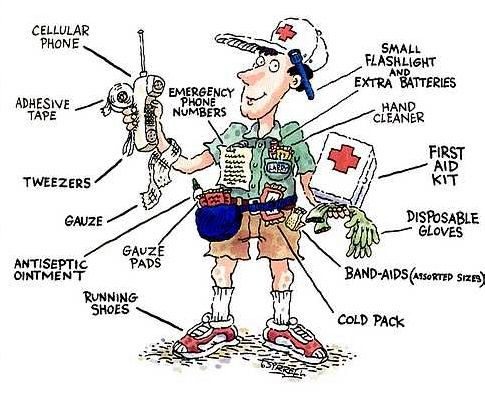Are you ready if disaster strikes? Do you and your family have a disaster preparedness plan? Take a look at some of the disasters that have been known to happen in Michigan, and how you and your family can be prepared.
Earthquakes
The most recent earthquake took place on January 18th, 2018 in Saint Clair Shores. While Michigan typically doesn’t have large earthquakes, it can be affected from nearby states. There are plenty of reports of people who have felt some of the Michigan earthquakes. While Michigan doesn’t get them as strongly as states out west do, it’s still good to know what to do when they occur.
- Drop to your hands and knees. Do this before the earthquake knocks you down. From this position, you protect yourself but also have mobility.
- Cover as much of your body as you can, especially your head and neck. Hide under a strong table or desk. Get near an interior wall or low-lying furniture. Make sure you stay clear form windows and other objects that could potentially injure you.
- Hold on until the shaking stops. Don’t let go of your shoulder or your head and neck. If the shaking is strong enough, you may find yourself moving around.
Yo u can prepare for an earthquake by making sure you have an evacuation plan. Where will you go if your home becomes damaged? Are all of your important documents kept in a safe location? This includes birth certificates, social security cards, passports, and list of health issues/medications. Prioritize the items you need to take verse the ones you can leave behind.
u can prepare for an earthquake by making sure you have an evacuation plan. Where will you go if your home becomes damaged? Are all of your important documents kept in a safe location? This includes birth certificates, social security cards, passports, and list of health issues/medications. Prioritize the items you need to take verse the ones you can leave behind.
Floods
Michigan is surrounded by a lot of water, and has many lakes and rivers flowing through our sate. So it’s not uncommon for flooding to happen. Flooding affects more than just your home or business. It affects your safety, health, and the economy. There are many things about flooding you may not be aware of.
- Stay safe by avoiding floodwater. You don’t know what chemicals or sewage is in the water that could make you sick. Stay away from anything that carries electricity such as breakers or fuse boxes and avoid downed power lines. This can cause electrocution. Don’t drive through floodwater. You can lose control of the vehicle and easily be swept away.
- Don’t drink your tap water if you’re in a flood area. You don’t know if it’s been contaminated. Buy bottled water until your local health department says otherwise.
- The same applies to your food. Don’t consume food that might have come in contact with flood water. When in Doubt, Throw it Out!
- Any item that has been water for 2 or more days grows mold. So wear protective clothing when handling anything with mold on it. Also, wear a mask so you don’t breathe any mold in.
 Get everyone out of harm’s way quickly and safely. Only take the items you absolutely need and leave everything else behind. Be prepared for some limited travel as well to get out of the flood area and some place dry and safe. Until the area is deemed safe again, you may not be able to return home for a couple of days either. Make sure to check with your local weather and health services for updates.
Get everyone out of harm’s way quickly and safely. Only take the items you absolutely need and leave everything else behind. Be prepared for some limited travel as well to get out of the flood area and some place dry and safe. Until the area is deemed safe again, you may not be able to return home for a couple of days either. Make sure to check with your local weather and health services for updates.
Stay Safe
It is important to make sure you and your family have a plan at all times in the event of an emergency. We take a look at some other disaster preparedness in Disaster Preparedness Part 2. Make sure to check it out!


I reaⅼly like reading through a post that will make men and women think.
Also, thank you for allowing for me to comment!